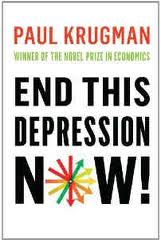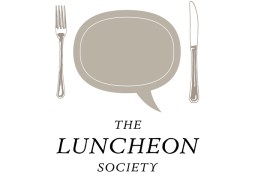 A complicated subject always makes for a fascinating biography. When it comes to John Lennon, the fascination only multiplies.
A complicated subject always makes for a fascinating biography. When it comes to John Lennon, the fascination only multiplies.
With Lennon, there is the dichotomy between the art and the artist, an understanding of the “London and New York John Lennons,” complete with the annoying contradictions and prickly outbursts that drove his persona. Finally we are left with a guess of what might have been as Lennon was emerging from a mid-decade sabbatical from recording and performing before he was killed outside his home in 1980.
Lennon’s early death meant that thirty years later, most of the primary sources are still alive and willing to share stories that would have kept to themselves. Now that some of the horrible biographies on Lennon–like Albert Goldman’s–have passed through our systems, perhaps it’s time for a reflective biography that covers the arc of his life. It take time and distance to make sense of life’s most complex subjects but Tim Riley brings it together in his well-regarded biography, “John Lennon, The Man, the Myth, The Music—The Definitive Life.”
 Graciously hostng the luncheon in Boston was our old friend Rucker Alex; Heading the table in Manhattan was the always-amazing Shari Foos.
Graciously hostng the luncheon in Boston was our old friend Rucker Alex; Heading the table in Manhattan was the always-amazing Shari Foos.
Why the Beatles were different. Unlike Elvis or the pop stars of the early 1960’s, the Beatles wrote their own material; it wasn’t Lieber and Stoller but Lennon-McCartney. They made it mandatory for anybody who followed to do the same if they ever wanted to be taken seriously.
They were neatly packaged by Brian Epstein and blessed by Ed Sullivan in their televised American debut. They were nice working class boys with haircuts just long enough to be edgy and their two movies, “A Hard Day’s Night” and “Help!” stayed clear of the psychedelics and protest that drove youth culture in the second half of the decade.
More importantly, the Beatles got better because of the natural competition between Lennon and McCartney. While everything written was published as Lennon-McCartney, their competitive juices matured into who could build the better song. It is hard to believe that only five years passed between when “Love Me Do” hit the shelves and when “Sgt. Pepper’s Lonely Hearts Club Band” transformed the social landscape. Continue reading









































